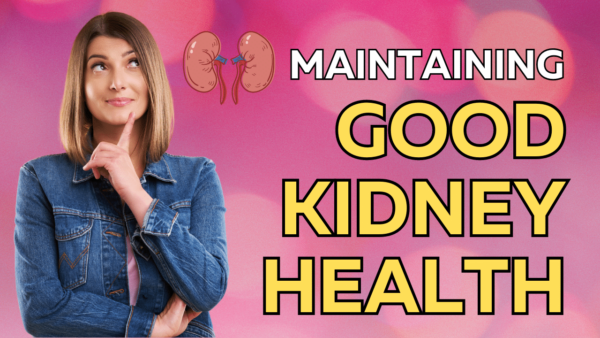The Thyroid #1 Baseline Blood Test Panel is a thorough look at how the thyroid works. It includes tests for Thyroid Stimulating Hormone (TSH), T4, T3 Uptake, and Free Thyroxine (T4) Index. This panel is designed to screen for thyroid disorders and evaluate healthy thyroid function.
The thyroid is a butterfly-shaped gland located in the neck above the collarbone. It is one of the endocrine glands that produce hormones that regulate the rate of many activities in the body, such as metabolism, heart rate, and weight control. T4 and T3 are hormones that are made by the thyroid gland. They are essential for keeping the body’s metabolism and other systems and functions running smoothly.
What is the Thyroid Stimulating Hormone (TSH)
Thyroid-stimulating hormone (TSH) is produced by the pituitary gland and aids the thyroid gland in creating T4 and T3. The thyroid gland makes a hormone called T4 that helps keep the body’s metabolism and other systems and functions running smoothly. T3 uptake helps evaluate the number of proteins in the blood that carry thyroid hormones throughout the body. The Free Thyroxine (T4) Index compares the amount of T4 unbound or free to that bound to proteins in the blood.
This panel may be ordered by individuals who suspect thyroid problems. Common signs or symptoms associated with thyroid malfunction or disorders include fatigue, weight loss or gain, chills, painful joints and muscles, dry skin, thin or dry hair, an irregular heart rate, constipation, depression and anxiety, mood swings, irregular menstrual periods, infertility, insomnia, and frequent bowel movements.
Should you fast for the test?
It is important to note that in preparation for this test, no fasting is required. However, patients should stop biotin consumption at least 72 hours before the collection. Most of the time, you can get the results of this test in one to two days. However, it could take longer due to weather, holidays, or lab delays.
Who should receive the test?
The Thyroid #1 Baseline Blood Test Panel is a valuable tool for many individuals. It is usually given to people who think they might have a thyroid disorder or who have already been diagnosed with one and are being watched while being treated.
The following groups may benefit from this test, but you should always check with your healthcare provider if you have specific questions.
- Individuals with symptoms of a thyroid disorder: People who have symptoms such as fatigue, weight loss or gain, chills, painful joints and muscles, dry skin, thin/dry hair, irregular heart rate, constipation, depression and anxiety, mood swings, irregular menstrual periods, infertility, insomnia, and frequent bowel movements may benefit from this test to confirm or rule out a thyroid disorder.
- Individuals with a family history of thyroid disorders: People who have a family history and track record of thyroid disorders may be at a higher risk of developing a thyroid condition themselves and may benefit from this test to detect any issues early on.
- Women who are pregnant or planning to become pregnant: Thyroid disorders can affect pregnancy and fetal development, so it is important for women who are pregnant or planning to become pregnant to get their thyroid function checked.
- Individuals taking thyroid supplements: This test can also be used to monitor hormone levels for individuals taking thyroid supplements to ensure that the appropriate dosage is being taken.
- Older adults: As people age, the risk of developing thyroid disorders increases, so it’s important for older adults to get their thyroid function checked regularly.
Conclusion
Overall, the Thyroid #1 Baseline Blood Test Panel is a useful tool for people who think they may have a thyroid disorder or who have already been diagnosed with a thyroid disorder and are being monitored for treatment. It is also helpful for people who have a family history of thyroid disorders, women who are pregnant or planning to become pregnant, people who take thyroid supplements, and older adults.


